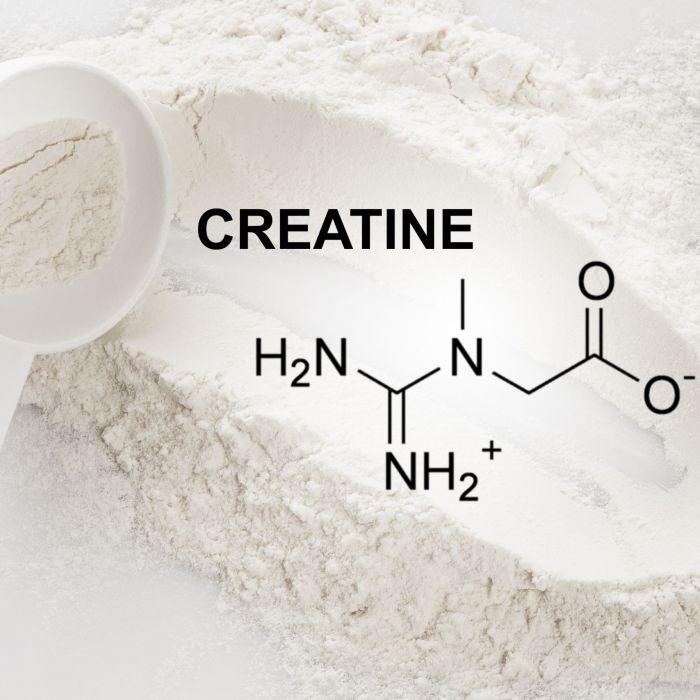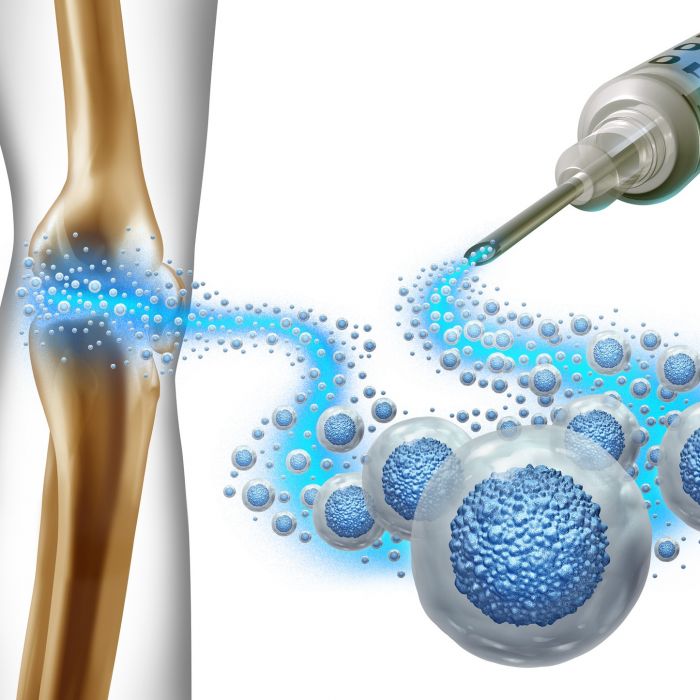While the blooming trees and colorful flowers popping up this time of year are beautiful, the pollen is also out in full force and affecting millions of people who suffer from seasonal allergies. Most allergies involve the release of histamine and other pro-inflammatory substances. Cortisol, one of the primary hormones produced by the adrenal glands, is a powerful anti-inflammatory agent and is secreted as part of the anti-inflammatory response. Its objective is to remove and prevent excessive swelling and redness in nearly all tissues. These anti-inflammatory responses prevent things like mosquito bites from enlarging or bronchial tubes and eyes from swelling shut due to allergies. For this reason, proper adrenal function plays an important role in mediating the histamine release and inflammatory reactions that produce the symptoms experienced with allergies. When the adrenals are fatigued they are less likely to produce enough cortisol to adequately counteract the inflammatory reactions, allowing allergic symptoms to continue unchecked. The more the adrenals have to work, the more fatigued they may become and the less cortisol they produce, allowing histamine to inflame the tissues more. This vicious cycle can lead to deepening adrenal fatigue as well as to bigger allergic reactions. Eliminating or reducing exposure to foods and environmental substances that cause allergic or sensitivity reactions can help break this cycle and strengthen adrenal function. Likewise, supporting optimal adrenal function can treat allergy symptoms. If you suffer from allergies and inflammatory reactions, come in to ageRejuvenation to have your cortisol levels checked to see how your adrenal glands may be playing a role in your overall health. Results may vary by individual, consult your doctor today and see if this is right for you!
Adrenal role in allergies and inflammatory response
- Home
- Health Tips
- Adrenal role in allergies and inflammatory response
Popular Posts
Clear Filters








